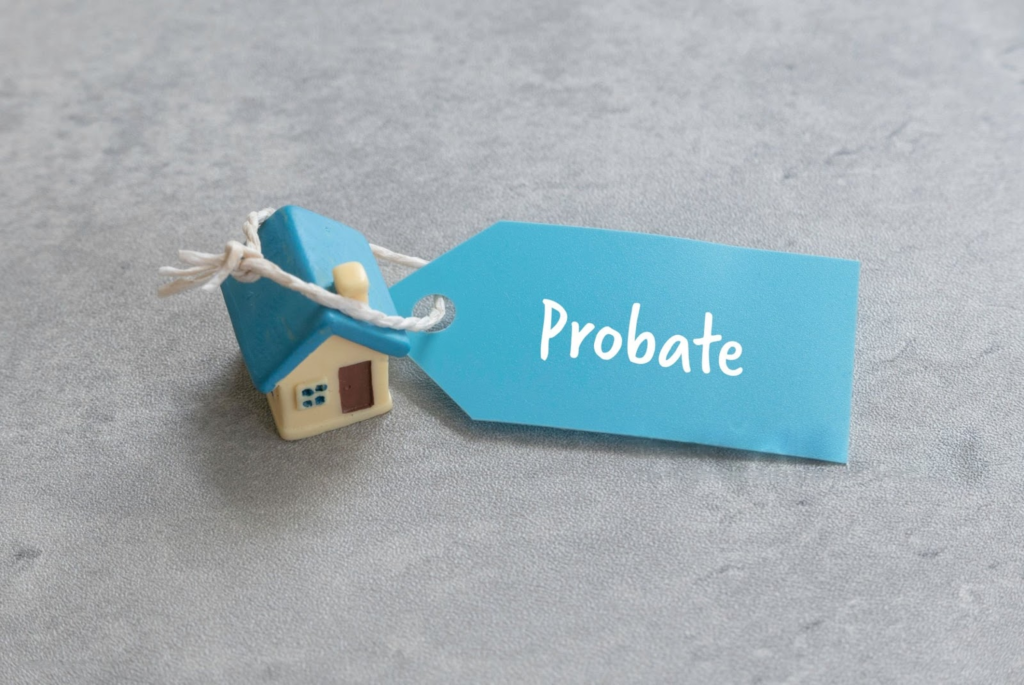
When someone passes away, their assets and estate must be handled legally and responsibly.
In the UK, one of the most often asked questions is: how much does an estate have to be worth to go to probate?
This guide explains the probate threshold, when probate is needed, and the steps in the probate process UK, ensuring that executors and beneficiaries understand their roles clearly.
Understanding Probate in the UK
Before diving into the thresholds and legal requirements, let’s define what probate is.
Grant of probate meaning: It is the legal right to deal with someone’s property, money, and possessions (their estate) after they die.
If the person left a valid will, the named executor(s) will apply for a grant of probate to begin managing the estate.
For detailed guide: Understanding the Probate Process in the UK
What Is the Probate Threshold in the UK?
There is no fixed UK-wide value that automatically requires probate.
Instead, different financial institutions (like banks or investment firms) have their own thresholds, usually between £5,000 and £50,000.
If the deceased had less than this in a particular account, the institution may release funds without needing probate.
However, if the deceased owned:
-
A property solely in their name
-
Large investments or shares
-
High-value savings or premium bonds
Then probate is likely required, regardless of the overall estate value.
General Guideline: When Probate Is Required
To answer “who needs probate?”, consider the following situations:
When Is Probate Not Always Needed?
Many ask, “is probate always needed?” The answer is no. You may not need probate if:
-
The estate is small and under the bank’s threshold
-
All assets were jointly owned
-
There’s a valid will and minimal complexity
Learn more in detail article: Once Probate Has Been Granted, What Happens Next in the Estate Process
What Assets Are Counted Toward the Estate Value?
To determine whether probate is needed, calculate the total value of:
-
Bank accounts
-
Property and land
-
Vehicles
-
Personal belongings
-
Investments and shares
-
Life insurance not written in trust
Note: Joint assets and jointly owned property usually pass directly to the co-owner and are not included in probate value.
What Happens If There Is No Will?
If there is no will, probate is replaced with letters of administration, and the estate is managed according to intestacy rules.
To be the administrator, a close relative must apply.
In such cases, the probate threshold and rules still apply.
However, without a will, the process may be slower and more complex.
Who Reads a Will After Death?
After death, the executor named in the will typically reads it first.
If you’re unsure of who this is or how to proceed, it’s advisable to seek professional probate help.
Once probate is granted, the will becomes a public document and anyone can obtain a copy.
How to Apply for Probate in the UK?
Here is a simplified step-by-step process for applying:
1. Check if Probate Is Required
Use the threshold guidance and check with financial institutions.
2. Gather Estate Information
Get valuations for all assets, debts, and liabilities.
3. Apply Online or by Post
Use the government probate service or get assistance from a legal firm like ours.
4. Pay Inheritance Tax (if applicable)
Even before probate is granted, Inheritance Tax might be due.
5. Receive the Grant of Probate
The executor can begin monitoring and distributing the estate as soon as it is granted.
Need expert guidance? Contact Us
How Long Does Probate Take in the UK?
Typically, probate takes between 9 to 12 weeks once the application is submitted.
However, complex estates, disputes, or missing paperwork can extend the timeline.
How Probate Central Can Help
At Probate Central, we provide transparent, affordable probate support to families across the UK. Whether you’re unsure of the threshold or struggling with paperwork, we offer:
-
Full probate application services
-
Support for estates with or without a will
-
Legal advice for executors and beneficiaries
-
Fixed-fee options and no hidden costs
Frequently Asked Questions (FAQs)
Q1: What is a grant of probate and why is it important?
It’s the legal document authorizing the executor to manage the deceased’s estate. It ensures proper estate distribution, especially if the estate includes property or large assets.
Q2: Who can apply for probate?
If there’s a will, the named executor. The closest relative may seek for letters of administration in the event that there is no will.
Q3: How much does it cost to apply for probate?
As of 2025, the standard government fee is £273 for estates over £5,000. Smaller estates are exempt.
Q4: Can probate be avoided?
Yes, through estate planning strategies such as joint ownership, trusts, or keeping the estate below the threshold, probate may be avoided.
Summary
So, how much does an estate have to be worth to go to probate UK?
While there is no absolute figure set in law, most financial institutions will require probate for estates valued at over £5,000–£50,000, especially if the deceased owned property or high-value assets solely in their name.
Understanding the grant of probate meaning, who needs probate, and the full probate process UK can ease stress for grieving families and ensure a smoother legal journey.
Always consult professionals to avoid costly mistakes.
Looking for probate help? Reach out to our experienced team at Probate Central today.
